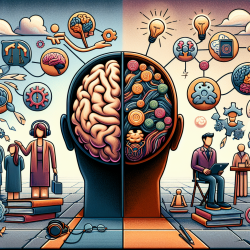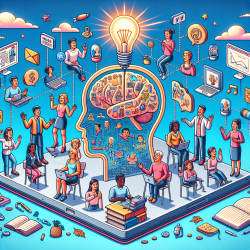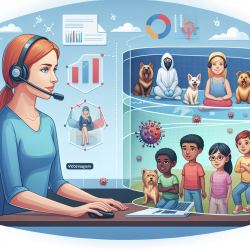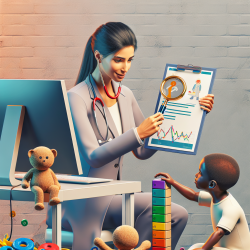The intersection of neuroscience and education is a fertile ground for misconceptions, often termed "neuromyths." These are misunderstandings or misrepresentations of brain research that can influence educational practices negatively. A recent study titled "Neuromyths and knowledge about intellectual giftedness in a highly educated multilingual country" by Schmitt et al. (2023) offers valuable insights into these neuromyths and the understanding of intellectual giftedness. Here, we explore the study's findings and discuss how online therapy practitioners can apply these insights to improve their practice.
Key Findings from the Study
The study, conducted in Luxembourg, a highly educated and multilingual country, investigated the prevalence of neuromyths and knowledge about intellectual giftedness among education professionals. The research sample included teachers, future teachers, and psychology students, providing a comprehensive view of the educational landscape.
Prevalence of Neuromyths
The study found that despite a high level of general knowledge about the brain, neuromyths were prevalent among the participants. Some of the most common neuromyths identified were:
- Learning Styles: The belief that individuals learn better when taught in their preferred learning style (e.g., auditory, visual, kinesthetic) was prevalent, with a 70% error rate.
- Multiple Intelligences: The misconception that multiple intelligences should be considered alongside IQ for identifying giftedness was also common, with a 71.5% error rate.
Misconceptions About Intellectual Giftedness
The study also revealed significant misconceptions about intellectual giftedness. Key findings include:
- High IQ as the Sole Measure: Many participants incorrectly believed that a high IQ is the only objective measure of giftedness.
- Giftedness and Mental Health: There was a misconception that gifted individuals are more prone to mental health issues, which is not supported by evidence.
Implications for Online Therapy Practitioners
Understanding and addressing these neuromyths and misconceptions is crucial for online therapy practitioners, especially those working in special education. Here are some practical steps practitioners can take:
1. Educate Yourself and Your Clients
Staying informed about the latest research in neuroscience and education can help practitioners debunk neuromyths. Providing accurate information to clients and educators can foster a more informed and supportive environment for gifted individuals.
2. Use Evidence-Based Practices
Incorporate evidence-based practices into your therapy sessions. Avoid relying on unproven methods like learning styles or multiple intelligences theory. Instead, focus on strategies that have been scientifically validated.
3. Promote a Holistic Understanding of Giftedness
Encourage a broader understanding of giftedness that goes beyond IQ. Recognize the diverse abilities and needs of gifted individuals and provide tailored support that addresses their cognitive, emotional, and social development.
4. Advocate for Accurate Information
Work with schools and educational institutions to promote accurate information about the brain and learning. Advocate for the inclusion of neuroscience literacy in teacher training programs to reduce the prevalence of neuromyths.
Conclusion
The study by Schmitt et al. (2023) underscores the importance of addressing neuromyths and misconceptions about intellectual giftedness. By staying informed and promoting evidence-based practices, online therapy practitioners can play a crucial role in improving educational outcomes for gifted individuals.To read the original research paper, please follow this link:
Neuromyths and knowledge about intellectual giftedness in a highly educated multilingual country.










